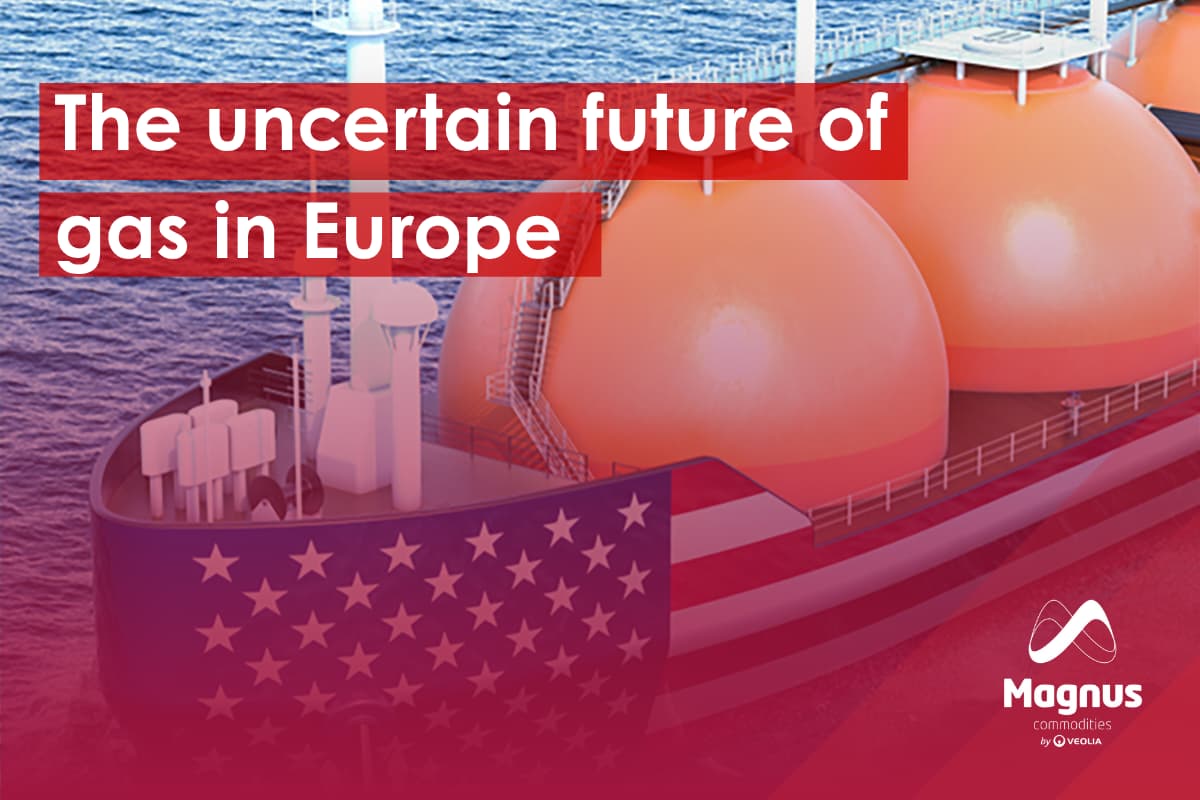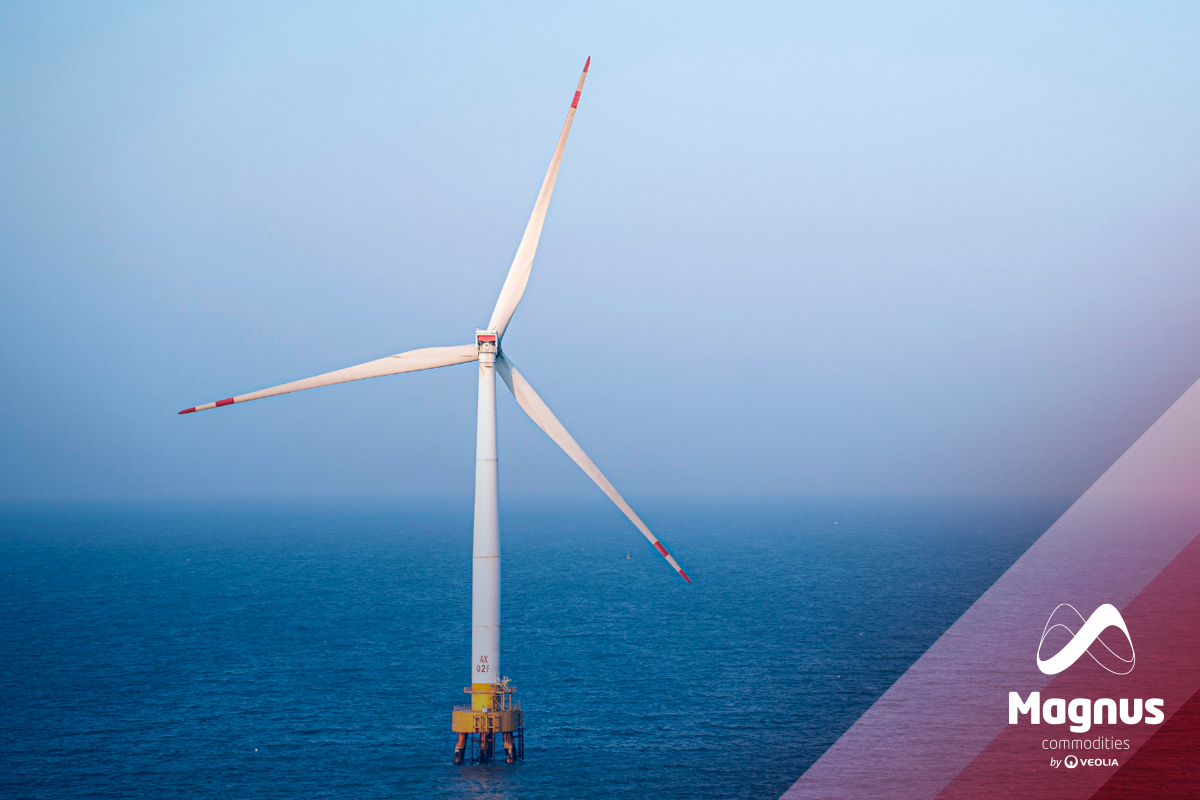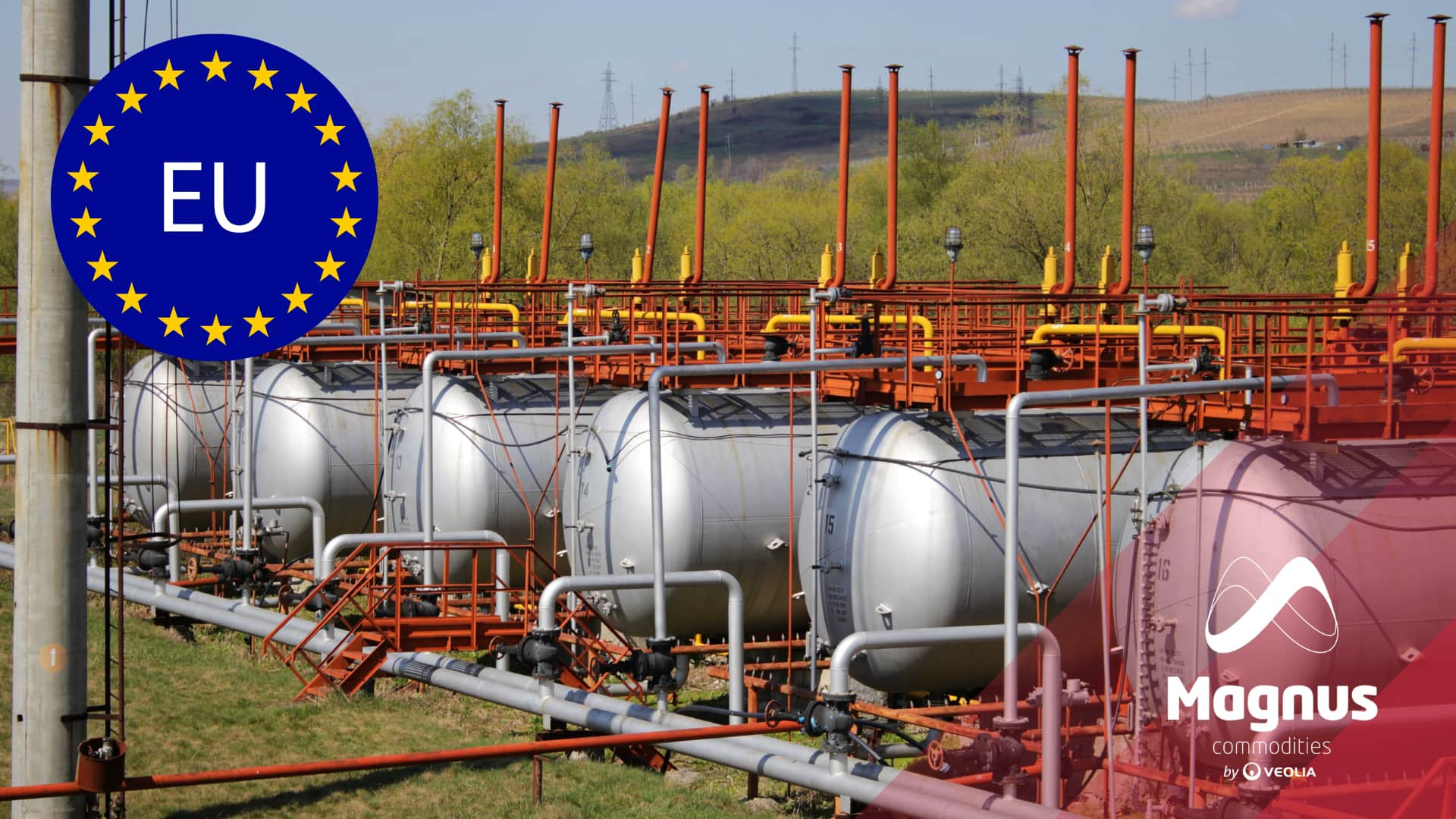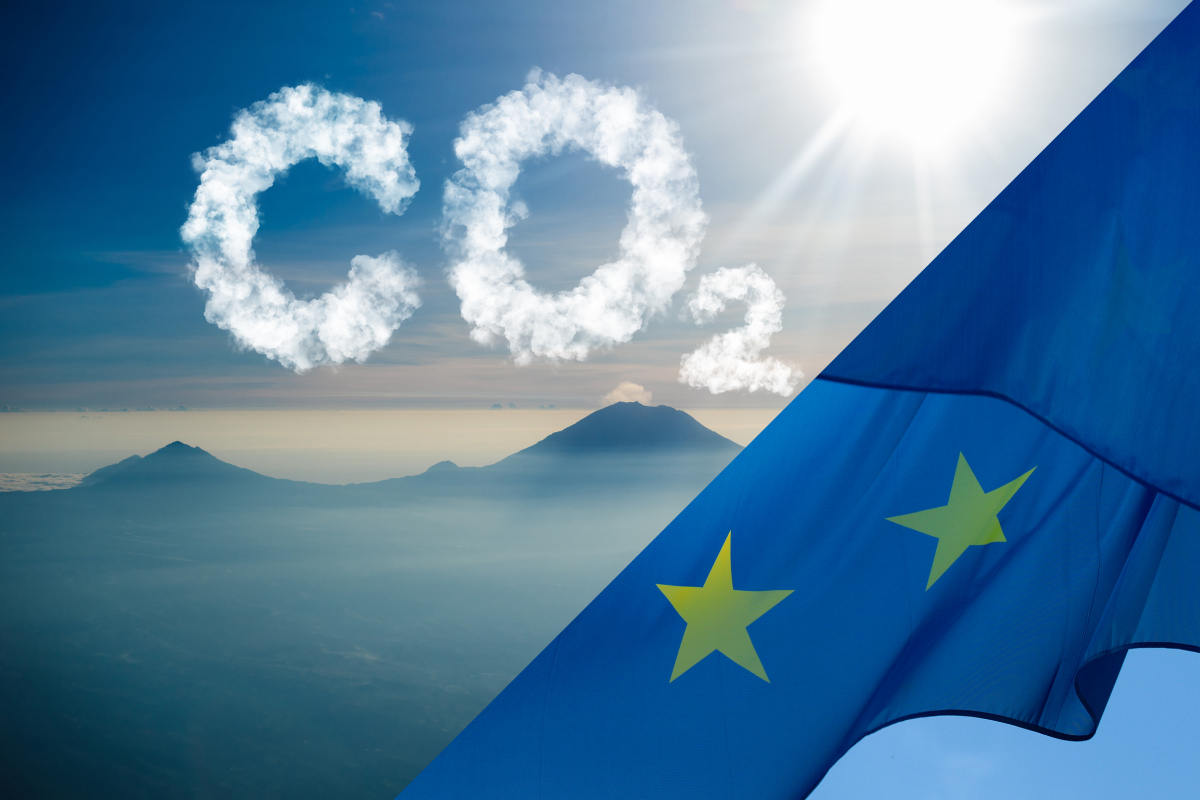
On 23 June, British citizens will decide whether they want to remain a member in the European Union.
The so-called “Brexit” referendum represents another factor of uncertainty to add to the list of facts that have been developed in the beginning of the year. In the event that UK decides to abandon the European project, we will witness impact on political and economic relations between UK and Europe. These impacts will have more or less weight depending on further negotiations to define a new framework between the two sides. Currently, there are those who quantify the impact of an exit of UK. For instance, 100.000 lost jobs, given that many companies will run away to other countries. Another figure is the possible reduction of economic growth forecast for 2016 (from 2% to 1.5%) for the UK, as a result of the decrease in investment. On the other side would also have consequences? Thus, a decrease by 0.10%-0.15% GDP growth in the Eurozone in 2017 is expected, in this regard it should be noted that impact could be higher if a contagion effect occurs.
There is no doubt about the impacts that a Brexit scenario would have in several sectors. This blog will discuss a Brexit scenario focusing on the impact it could have on European Energy Policy on its two main areas: environmental policy and the single market project. While the consequences are not entirely clear there are risks we can expect.
A weaker European Environmental Policy?
Regarding environmental policy objectives, a hypothetical Brexit, not seem to imply any impediment to compliance.
We should take into account that UK is one of the first countries in developing an energy policy based on environmental protection. In 2003 the United Kingdom conducted its own system of “cap and trade” CO2emissions anticipating EU ETS period. From the beginning, Britain disagreed with excess allowances granted by European governments, which eventually they did nothing but distort the market, artificially depreciating the price of allowances. Given this, the British government established autonomously its own minimum price level of emission rights. At present, European legislation is following these steps, which aim to raise the price of emissions.
Furthermore, in 2008, the UK passed a law against climate change. The so-called Climate Change Act aimed to determine its target of cutting emissions by 80% over 1990 levels by 2050 and a review of the so-called budgets coal every five years, whose main objective is to monitor compliance by 2050. At the moment, the UK is in the second period of carbon budgets (2013-2017), by 2017 emissions must be reduced by 29% compared to levels 1990.

Source: Committee on Climate Change – Carbon budgets and targets
In addition, UK plans to close all its coal plants by 2025. These plans come directly from the British government itself and not from Brussels.
With respect to renewables technologies national objectives, UK has the most ambitious plan within the EU-28: that energy consumption through these technologies comes to stand at 15% in 2020. However, UK, unlike most European countries, is not intended to achieve this objective through subsidies clean technologies. And this is precisely one of the criticisms of those who are in favour of Brexit.
Overall, the UK has not relied on the EU to launch major environmental policies. The recent Paris summit on climate change only represents a revision of established objectives so that they adapt to prevent the global temperature exceeds 2°C degrees.
Therefore, there are no solid arguments about a possible departure from the UK can cause major changes in environmental policy of this country or the rest of the EU. The Climate Change Act represents a commitment to follow similar to 2020 and 2030 targets on emissions of greenhouse gases set by the European Union path.
However, it should be noted that a UK outside the EU would lose influence and strength in his voice regarding climate negotiations worldwide.
Consequences for the European Energy Market
UK has played a key role and clear initiative on energy market liberalization, increasing competition and international trade. A growing proportion of UK power capacity has relied on their interconnections across the Channel and the North Sea. Meanwhile, the role of the UK in the European gas market has been fundamental, acting as a link between Norway and the rest of Europe for delivery and being a reference in the flows of gas inputs and outputs in the system. In a Brexit scenario, these infrastructures will continue, at least partially, under the control of the EU through the so-called EU’s Third Internal Market Package. Given the spirit of liberalization that characterizes British policies, compliance with this package of measures is expected in either scenario.
Even in the case of a full separation, approximately 10% of its total power capacity in 2020 would be under EU legislation control. Thus, in the short term, the impact in this regard would not be significant, since the interconnections and common market would continue to operate normally. However, in the long term, nothing would prevent a divergence of policy between the UK and the EU, to have important impacts on the viability of the energy exchange through interconnections. However, the most likely scenario would be the continuity of the UK as a member of the European Network of Transmission System Operators for Electricity and Gas (Entsoe and Entsog) which currently has several members of countries which are outside the EU.
Therefore, Brexit would not imply necessarily limit the interconnections with Europe, but it would probably create uncertainty about its future development.
Total Current Great Britain Interconnections (~4GW)

http://www.parliament.uk
So, a Brexit scenario would not involve any problems related to security of supply, but British could lose bargaining power in agreements on this issue.
On the other hand, regarding tax issue, leaving the single market could mean for British new taxes on energy imports adding costs, for example, offshore wind projects already implemented or feasibility of the project for the construction of Hinkley Point C nuclear plant. It could also mean the elimination of import duties on Chinese solar panels from the EU.
Thus, with an independent UK, the country would gain in flexibility over its energy policy, but would lose in exchange for the benefits of “economies of scale” and their influence on energy policy in a hypothetical EU’s Fourth Internal Market Package.
In a nutshell, “Brexit” could take two options. The first one is that Britain will decouple from European policies and, thus, loses its participation in any common legislation. The second, and more likely scenario, would be that the UK remain part of the European Free Trade Association (EFTA) or the European Economic Area (EEA) playing similar role to countries like Norway or Switzerland. In the first case, UK will accept all energy policies decided in Brussels. The British, like the Norwegians, would be consulted by the European Commission, but would have no vote in the two institutions which determine the European legislation: Council and European Parliament. In the second case, fulfilling a role as the Swiss within the European framework, UK would have no obligation to accept the EU’s Competition Laws as State aid. Thus, Switzerland has no formal energy agreements with the EU, but does belong to the ETS EU (European Trade Scheme) and has commercial agreements for its privileged geographical position in the centre of the continent, a situation that UK has not.
It is clear that a UK outside the EU would imply less intervention from Brussels on UK’s energy policy. Thus, UK could implement policies such as its defence of nuclear energy or shale gas, without restrictions or reliance on the opinions of other agents. Thus, its idea that each country should be free to decide their energy mix could be fully exercised.
In any case, “Brexit” scenario would imply lasting negotiations to determine what kind of UK-EU relationship will take place. In this period of negotiation it would be great uncertainty, damaging all kinds of investments including those related to security of energy supply and emission reduction programs.
Enrique Battistini | Energy Consultant
If you found it interesting, please share it!
Recent Articles



































